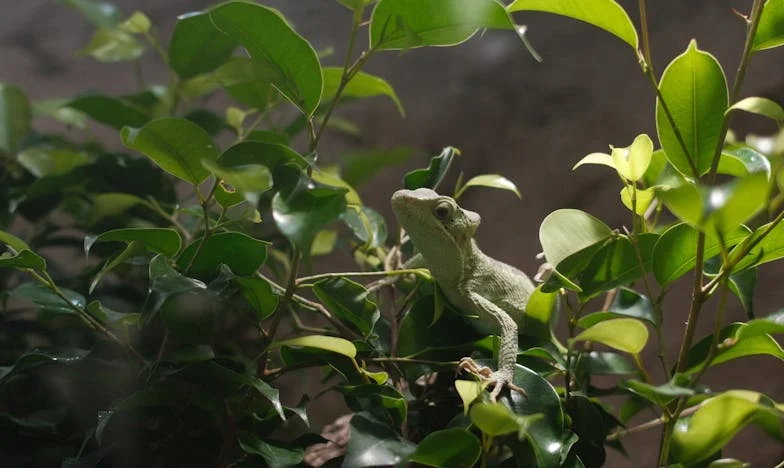When Family Is Chosen: A Mother’s Day in Juneau
“You don’t have to knock. Just come in, honey. My knees aren’t what they used to be,” Faye yelled from her battered recliner as I fumbled with the keys, one hand gripping the plastic bag, the other holding Ant’s hand. The wind off the Gastineau Channel was sharp that June afternoon in Juneau, but it was nothing compared to the chill that used to settle in my chest before Faye became my safe harbor.
Ant tugged at my sleeve. “Did Grandma Faye get the cookies?” he whispered, wide-eyed.
“We’ll see, sweetie,” I said, pushing open the door. The familiar scent of cinnamon and mothballs wrapped around us. I was never sure if it was her Polish roots or just her way of making a house feel like home, but it always hit me right in the memory, bringing up the ache of my own mother’s absence.
Faye’s house was cluttered and homey, a mishmash of old world and new: faded photographs, mismatched mugs, and a wall calendar permanently stuck on December 1998. She was perched by the window, her wispy hair in a bun, age-creased hands folded in her lap. But her eyes were bright, and when she saw us, her whole face lit up.
“Julianne, you brought the little man! And what’s this?” Her voice cracked, but her laughter was strong as I handed her the small bag.
“Just some oranges and your favorite tea. Ant picked them out himself.”
“Did not!” Ant protested, but he snuggled into her lap anyway, burying his face in her cardigan.
I watched them, feeling both gratitude and guilt. Gratitude because Faye took us in when my world had split—when Mark left, when my own mother died, when my job at the library barely paid the rent. Guilt because I knew I was filling a void in her life too, a void left by her only son, David, who hadn’t called in months.
Faye reached out, her hand finding mine. Her skin was paper-thin, blue veins visible beneath. “You know, when I was a girl in Chicago, my mother used to say, ‘Family is who shows up for you. Blood or not.’ I didn’t understand until now.”
I squeezed her hand. “You’re family, Faye. You’re my Mom now.”
She blinked, and for a moment I thought she might cry. “You’re my daughter. I wish David could see that. I wish he’d just… call.”
The words hung in the air, heavy. I tried to distract her. “Let’s make tea. Ant, can you help Grandma?”
As the kettle whistled, I glanced at the battered phone on the wall. Faye checked it constantly, hoping for a call that never came. Her son had moved to Seattle for work years ago, and after his wife died, he drifted farther away. He said the winters here were too harsh, that he couldn’t stand the isolation. But Faye stayed. She always said Juneau was in her bones, that she’d rather freeze with her memories than melt in a city that didn’t know her name.
“Julianne, you ever think about leaving?” she asked suddenly, pouring tea into chipped mugs.
I hesitated. “Sometimes. But then I remember you, and Ant, and… I don’t know. It’s not the place. It’s the people.”
She nodded, satisfied. “That’s right.”
That evening, as we ate the cookies Ant had picked out and watched the sky turn pink over the mountains, the phone rang. We all jumped. Faye’s hands shook as she answered.
“David?” she said, hope cracking her voice.
A pause. Then her face fell. “No, this is her. Yes, I’ll vote. Thank you.”
She hung up, the silence thick. For a moment, I saw the loneliness that lived in her, the fear that she would die forgotten. I reached for her hand again.
“You know what, Mom? Ant’s got a school play next week. You’re going to be there, right? Front row?”
Her eyes filled with tears, but she smiled. “Wouldn’t miss it for the world.”
On the walk home, Ant chattered about Grandma Faye’s stories—how she’d come from Poland as a little girl, how she made pierogis from scratch, how she taught him to play gin rummy. I watched his cheeks glow in the dusk and thought about all the things I couldn’t give him: a father, a big family, certainty. But maybe what I could give was enough—love, even if it was pieced together from broken places.
That night, after Ant was asleep, I lay awake thinking about Faye. About the way we’d chosen each other, about the way her loneliness mirrored mine. I wondered if her son would ever come back, if he’d ever understand what he was missing. I wondered if Ant would remember these days, the warmth of an adopted grandmother’s arms, the way love sometimes comes from the most unexpected places.
Isn’t that what makes us family in the end—not blood, but the willingness to show up, to share a cup of tea, to fill the empty spaces with kindness? Or am I just fooling myself, hoping that what we’ve made is enough to last?
